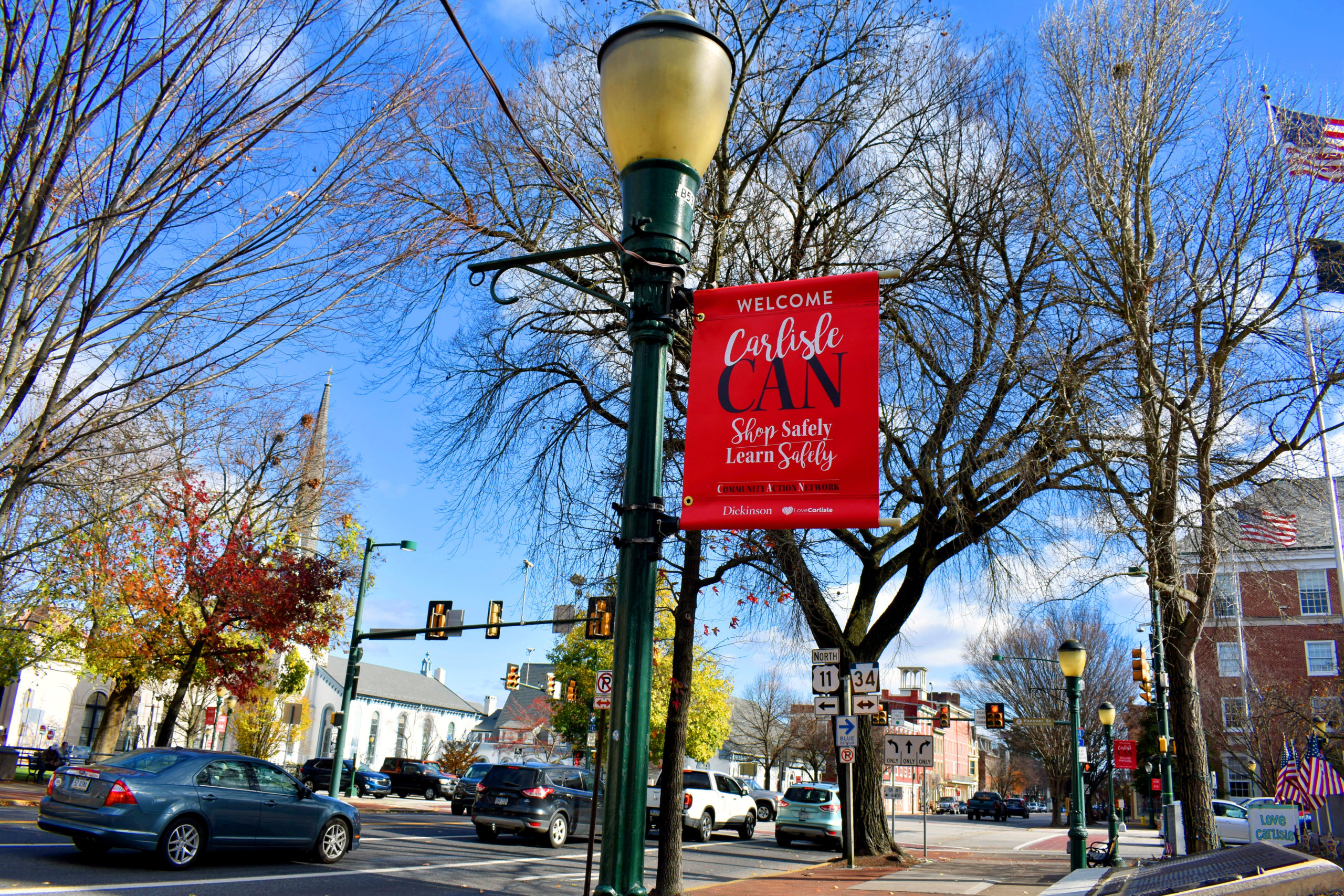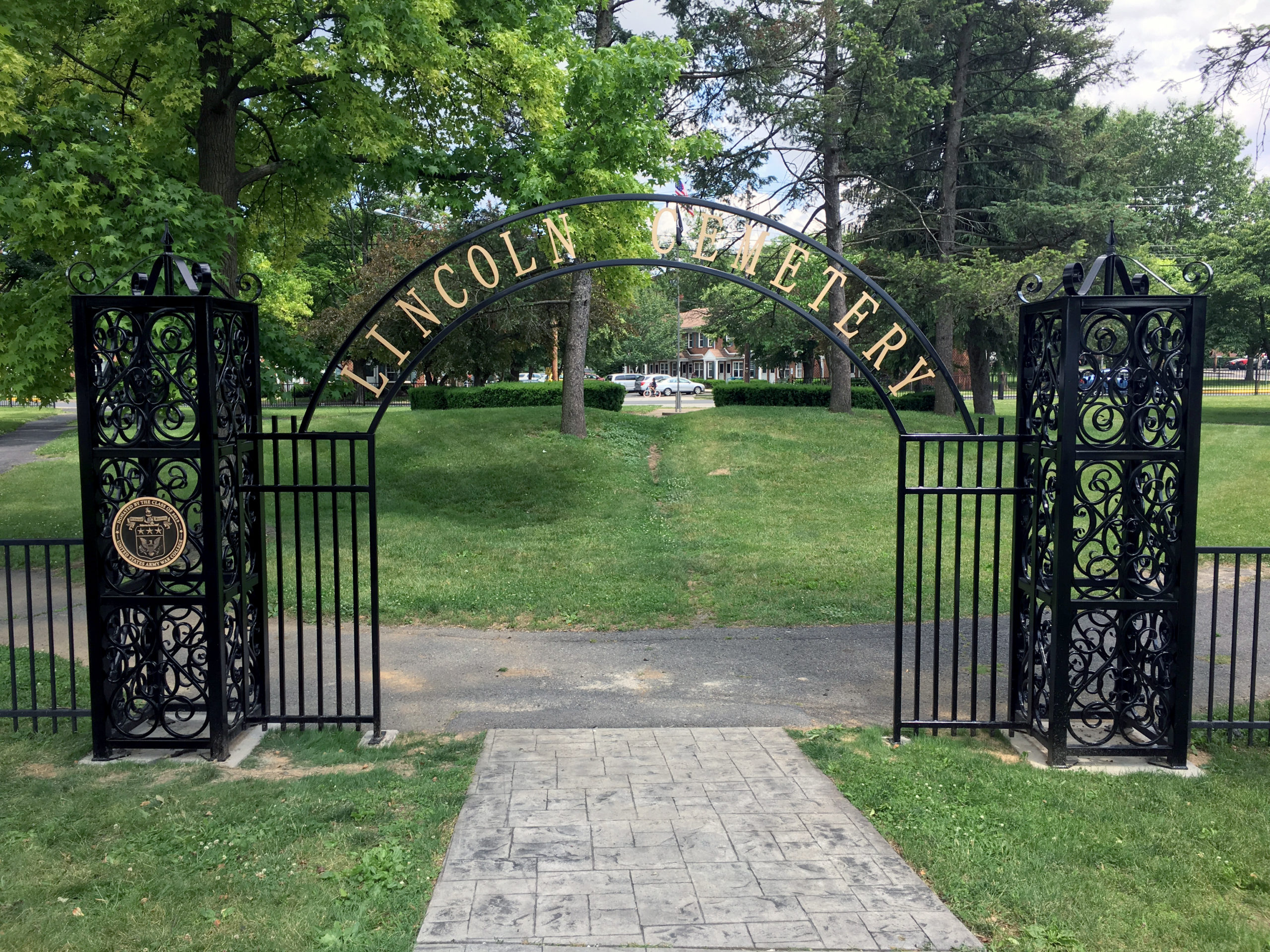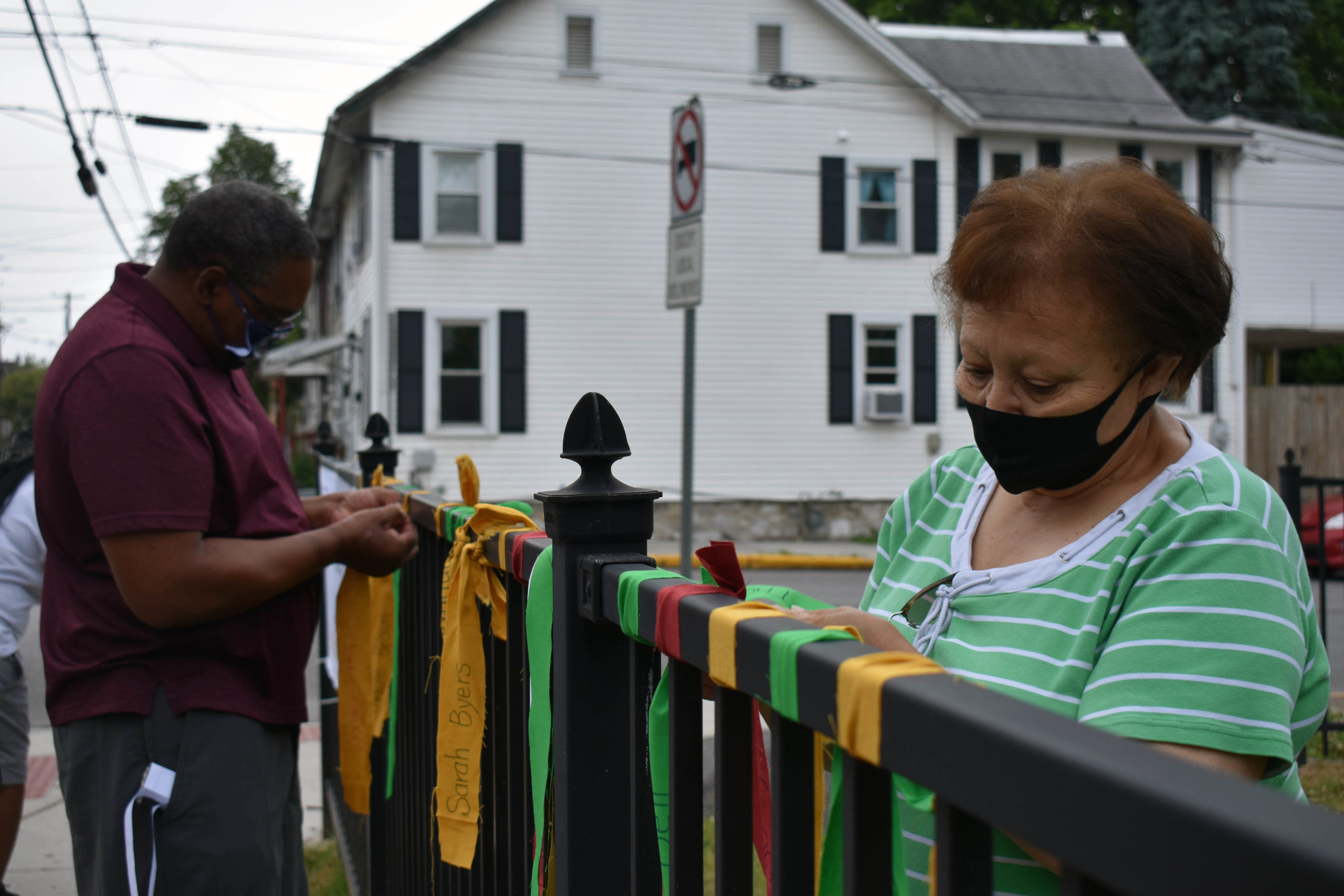2021 All-America City Finalist - Carlisle, PA
Carlisle’s pre-existing collaborations and engaged residents allowed them to respond to the compounding challenges of 2020 proactively and effectively. While Carlisle is a diverse community by Central Pennsylvania standards, 2020 showed that there is still significant work to be done by leaders to listen to and act upon the needs of historically underserved residents. Recently, meaningful change has been discussed openly at public forums, generating significant actions which will lead to more fruitful outcomes for all residents.
Carlisle Community Action Network
 As it became clear that the COVID-19 pandemic would reach Carlisle, a group of thirty community leaders, which had met occasionally and in-person since 2017, intentionally expanded its membership and began a collaborative response.
As it became clear that the COVID-19 pandemic would reach Carlisle, a group of thirty community leaders, which had met occasionally and in-person since 2017, intentionally expanded its membership and began a collaborative response.
The Carlisle Community Action Network (Carlisle CAN) quickly grew to over 100 community members, including representatives from all sectors of the community.
During weekly Zoom meetings, members listened to community health updates and discussed short- and long-term needs of the community. Spinoff committees would then develop projects to address the identified needs.
A few project examples include:
- The Carlisle CAN Public Health Initiatives encouraged individuals, and business owners and patrons to wear masks while in public spaces. CAN members distributed more than 4,000 masks and posters to 120 participating businesses. The group is developing vaccine education materials with special attention to providing role models from communities of color and translating materials into multiple languages.
- The Summer Youth Care Taskforce was formed to determine how community members could collaborate and pool resources to support local childcare options during the pandemic. A guiding principle of the group was to create accessible and affordable options to meet the new needs of working families. The Summer Program for Youth added multiple, de-densified sites so dozens of additional families had access to high-quality and safe childcare services.
- The Civic Action Internship Program was developed early in the pandemic as a response to the growing list of CAN-generated projects being added to a project waiting list. Dickinson’s Center for Civic Learning and Action created an internship program to contribute to the projects and provide experiential learning opportunities for students. The students have completed over 25 different projects in partnership with nearly two dozen community organizations.
Achieving Racial Equity and Justice
In response to a planned 2000 KKK rally at the Carlisle public square, 100 people converged at the YWCA to plan a “Unity Celebration.” Over 2,000 people attended a counter-event at Dickinson College’s football field to prove hate won’t win in Carlisle.
Black Lives Matter rallies and protests have continued throughout 2020. The largest demonstration took place on June 3rd on Dickinson College’s academic quad and was attended by 500.
A well-organized rally can unite people, but to sustain that momentum you need sustained leadership and organizations to empower people to act. Equity focused organizations in Carlisle include:
- Carlisle Hope Station
- Moving Circles
- Not in Our Town
- Greater Carlisle Community Responders Network (CRN)
- Carlisle YWCA
- Human Relations Commission
Recent actions by these groups include:
Lincoln Cemetery Rededication and Reconciliation
Due to poor maintenance, drainage problems, and vandalism of tombstones, the grave markers of 650 Black Carlislians (1804-1905) were removed and placed into storage, only to disappear.
The 2019 class of the United States Army War College sought to right this wrong by offering a gift to commemorate the cemetery. The class gift of an archway was installed and dedicated in the entryway to the cemetery to guide visitors.

Additionally, council funding and grants have allowed for projects beautifying the cemetery and memorial park.

Racial Equity Town hall and Future Truth and Reconciliation Commission
The Borough of Carlisle and the Carlisle Martin Luther King Commemoration Committee hosted a town hall meeting to kick off a series of deep dives into the racial history, current conditions, and hope for the future of racial reconciliation.
After hearing residents’ painful experiences of racism, the borough passed a resolution in March creating a Truth and Reconciliation Commission made up of community members who can research and inform the borough on actions that should be taken to acknowledge, address, and heal the historical wounds of racism in Carlisle.
Carlisle also creates a culture of diversity and inclusion through events such as the Juneteenth, Amani, and Black Cultural Festivals.
Climate Action Commission
Multiple local environmental civic groups have spent years educating the local community on the environmental costs of air, water, and land/soil pollution and petitioned their locally elected officials to begin to take action and be accountable.
This civic engagement culminated in borough council taking concrete action toward addressing these concerns by approving a Climate Action Resolution committing Carlisle to meet or exceed any state, federal, and international Greenhouse Gas (GHG) reduction commitment. The resolution also calls for the establishment of a Climate Action Commission (CAC) to recommend a Climate Action Plan (CAP) to council for approval.
Within two months, resident participation in the CAC exceeded that of any other standing borough committee or board, placing over 40 residents into four distinct teams.
- PAT TEAM – Responsible for proposing overarching strategies to meet GHG reduction targets.
- CET TEAM – Responsible for ensuring the CAP reflects community values, including:
- Issues of racial and socio-economic equity
- Aesthetics
- Fairness
- Economic development
- PET TEAM – Responsible for conducting cost benefit analyses.
- ZONING TEAM – Responsible for conducting assessments as to how/if specific elements included in the PAT strategies can be implemented under municipal authority.
In total, the Climate Action Commission has brought together dozens of organizations and hundreds of residents into the Climate Action Planning Process. The effort has brought together all stakeholders as well as partners into the climate action planning process, including electricity and natural gas utility company representatives.
Although the Climate Action Commission is only four months old, it reflects years of community engagement between civic groups and locally elected officials.
Some Related Posts
Thank You to Our Key Partners



